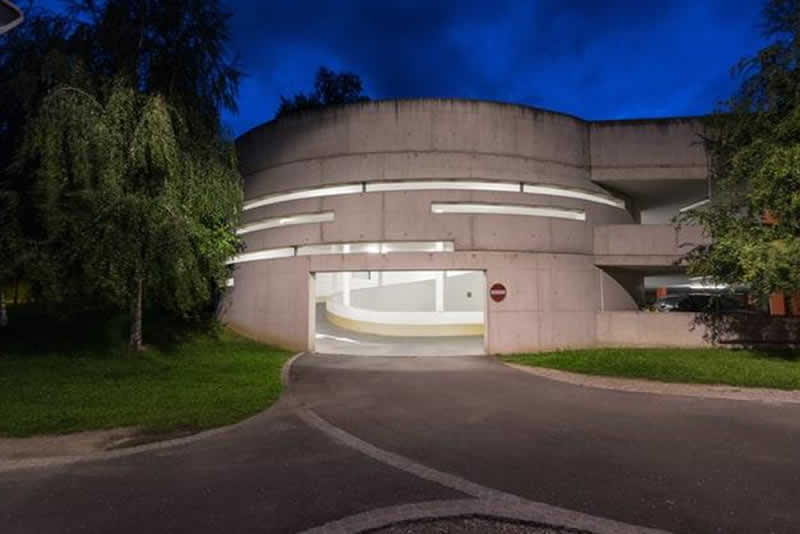The use of recycled concrete in construction has multiple benefits. From reducing costs and keeping them low to making construction projects more environmentally friendly, there are many reasons to use it. As to how you should use recycled concrete, there are several options and projects that you could put recycled concrete to good use in.
Road and Sidewalk Construction
When concrete sidewalks are made, a combination of cement, water, aggregates, and sand is used to create the mixture that will eventually harden to form the concrete the sidewalk is made from. Roads, whether asphalt or concrete, also require the use of aggregate. Both use aggregate as a base layer to protect against expansions and contractions within the soil underneath.
If you find yourself wondering if using recycled concrete is viable in road construction, consider that the US Department of Transportation Federal Highway Administration uses it wherever possible. Combining a lower cost with comparable quality makes recycled crushed concrete a very sensible option. Rather than purchasing new aggregate, use recycled concrete that has been crushed to the appropriate size. Sidewalks and walkways made from recycled concrete are generally proven to have comparable durability and longevity to virgin concrete.
Commercial Construction
Virtually any commercial construction is going to require a foundation. Most commonly made from concrete, most commercial construction projects are likely to be good candidates for using recycled concrete. Recycled concrete can be crushed into gravel that can then be used as structural fill, embankments, or sub-base material, much like in road and sidewalk construction.
Driveways
Asphalt and concrete are the two most commonly used materials for driveways. Both require an aggregate base, similarly to how roads and sidewalks do, and may include more aggregate in the mix that gets laid down. Recycled crushed concrete can make a perfectly acceptable sub-base layer for driveways, just as it does for other surfaces. Depending on the driveway, the owner’s preferences, and the climate, you may even be able to use just the recycled concrete for the driveway once it’s been crushed into gravel pieces of the correct size. Gravel can be a far less expensive option than a concrete or asphalt driveway, given its relative simplicity, and may even be completed as a DIY project by the owner. For the economically-minded homeowner, using recycled concrete is the best way to go.
Raised Garden Beds
The uses of recycled crushed concrete aren’t limited to just construction. The avid gardener knows the importance of proper drainage and warm soil. For that reason, having a raised garden bed can be especially attractive. Crushed concrete can create a base layer for the garden to help with those gardening needs. Gardeners who take advantage of the benefits of a raised garden bed can reasonably expect to see faster, better growth from their plants as a result.
Retaining Walls
Whether lake, beach, or river, properties along shorelines stand to lose everything if erosion goes too far. The installation of a retaining wall can help prevent this and protect the shorelines and properties on them. Granite and limestone are popular options for retaining wall materials, but recycled concrete in various sizes may be a viable option as well. Retaining walls need smaller, gravel-sized stones to fill in the gaps between the bigger pieces to stabilize the wall and prevent the water that makes it through from eroding the soil. Recycled crushed concrete gravel can be perfect for this. It may also work well for the top layer of stones, which are much larger and need to be carefully anchored and layered to provide proper protection.
There are plenty of uses for recycled crushed concrete. From public to private construction, if you’re using concrete, there’s a good chance you can use recycled concrete as one of your materials. Take a look at your upcoming projects and see which of them you can use recycled concrete in to lower your costs and do your part to protect the environment by keeping concrete out of our landfills.


